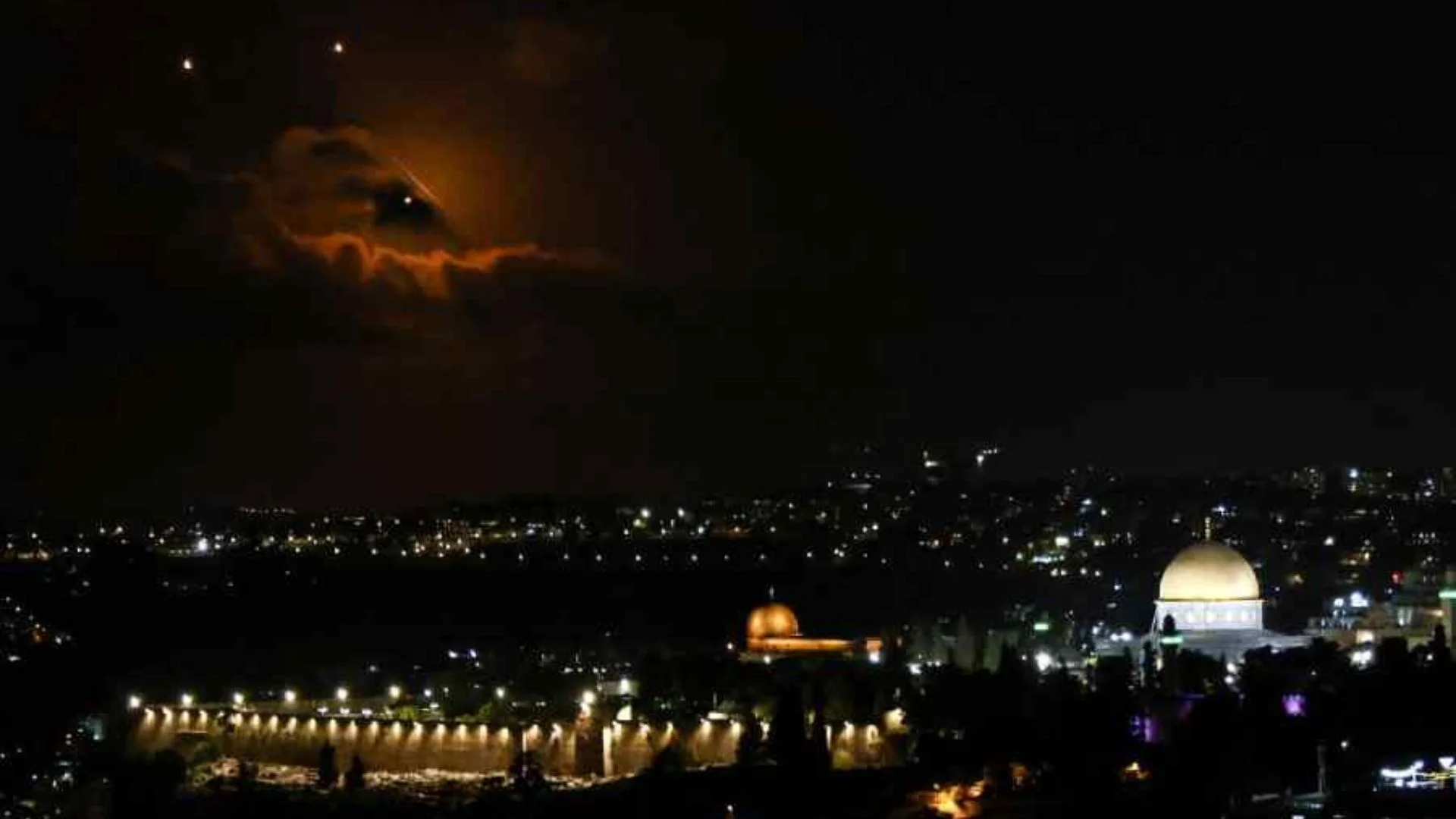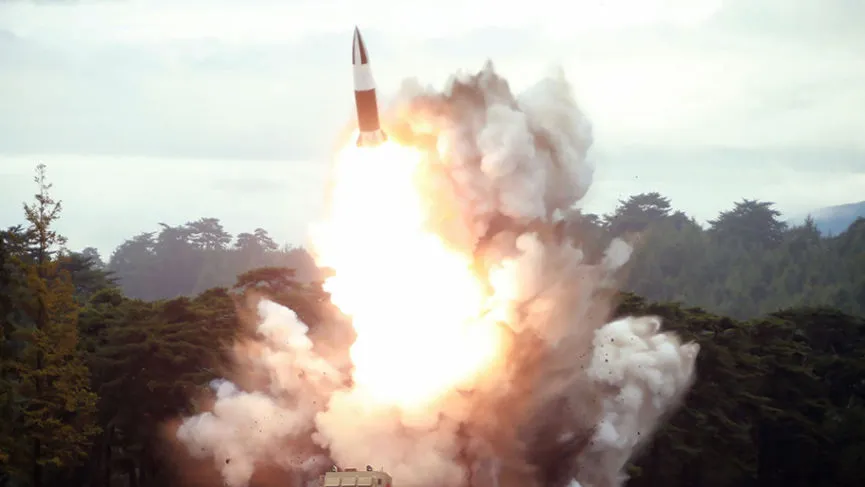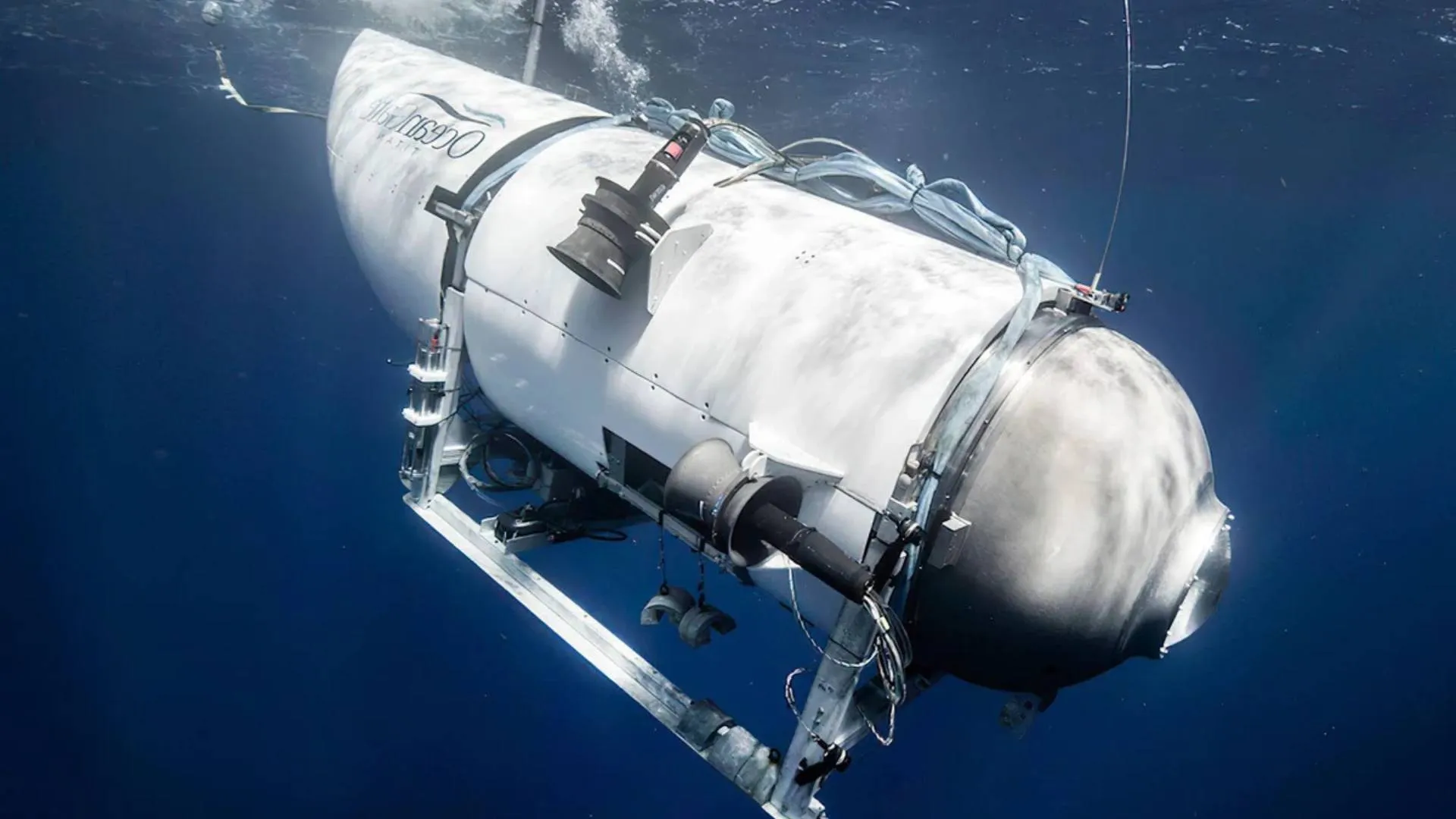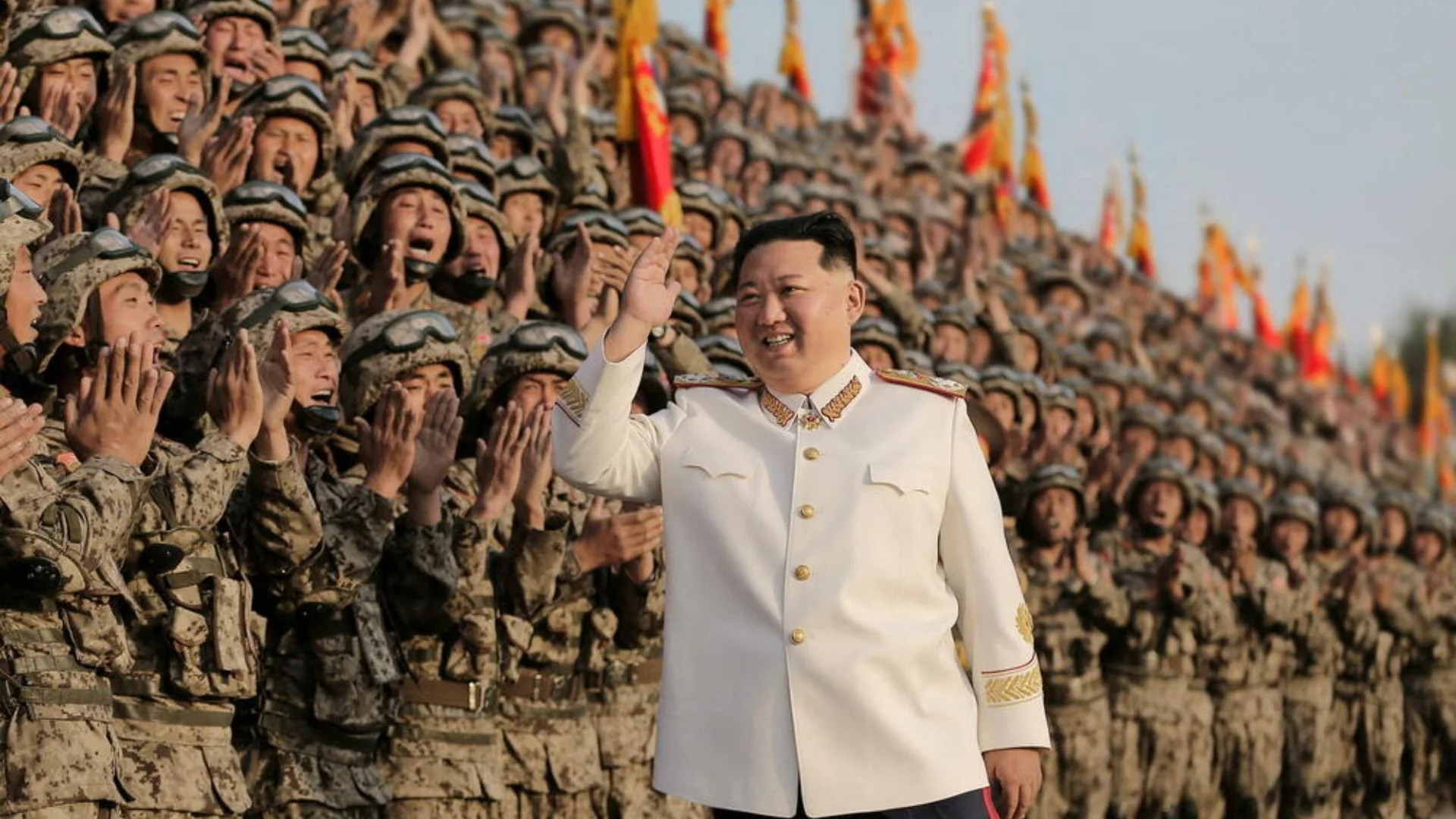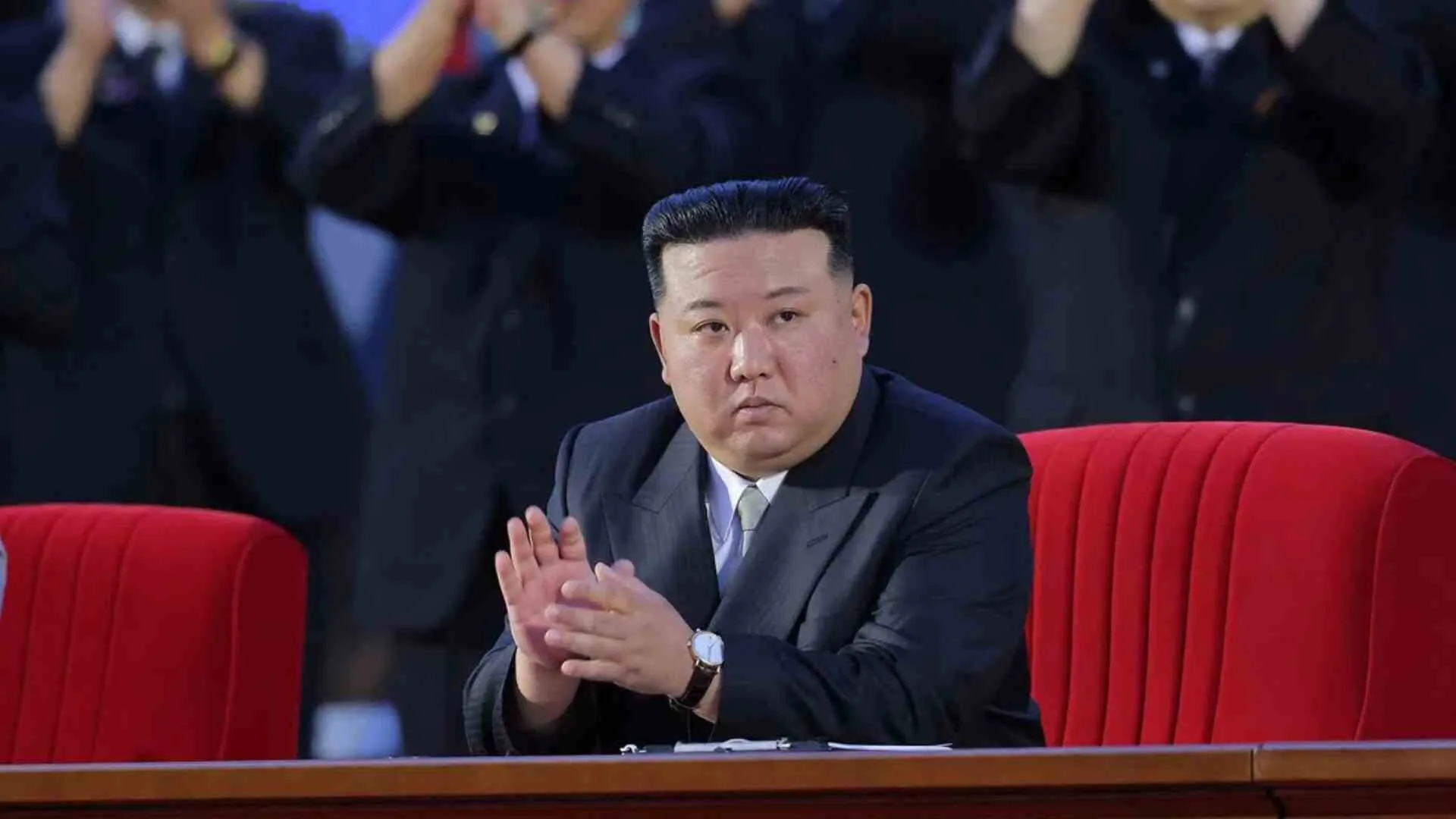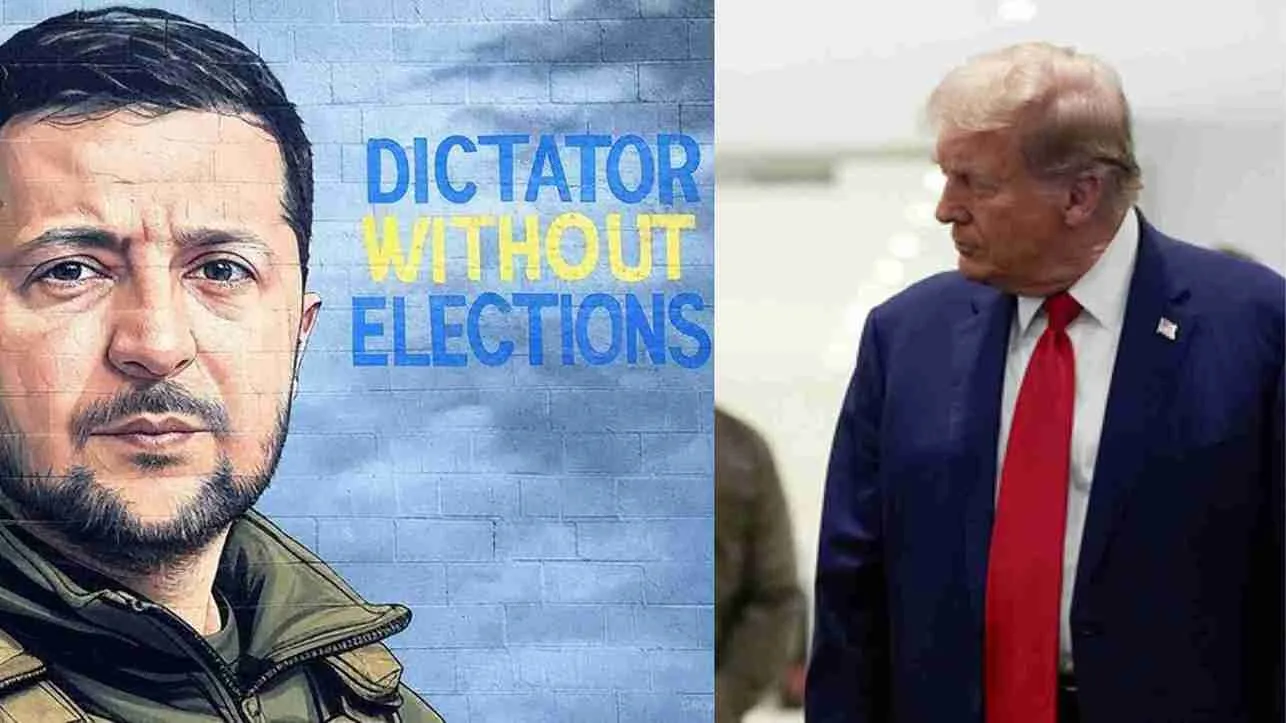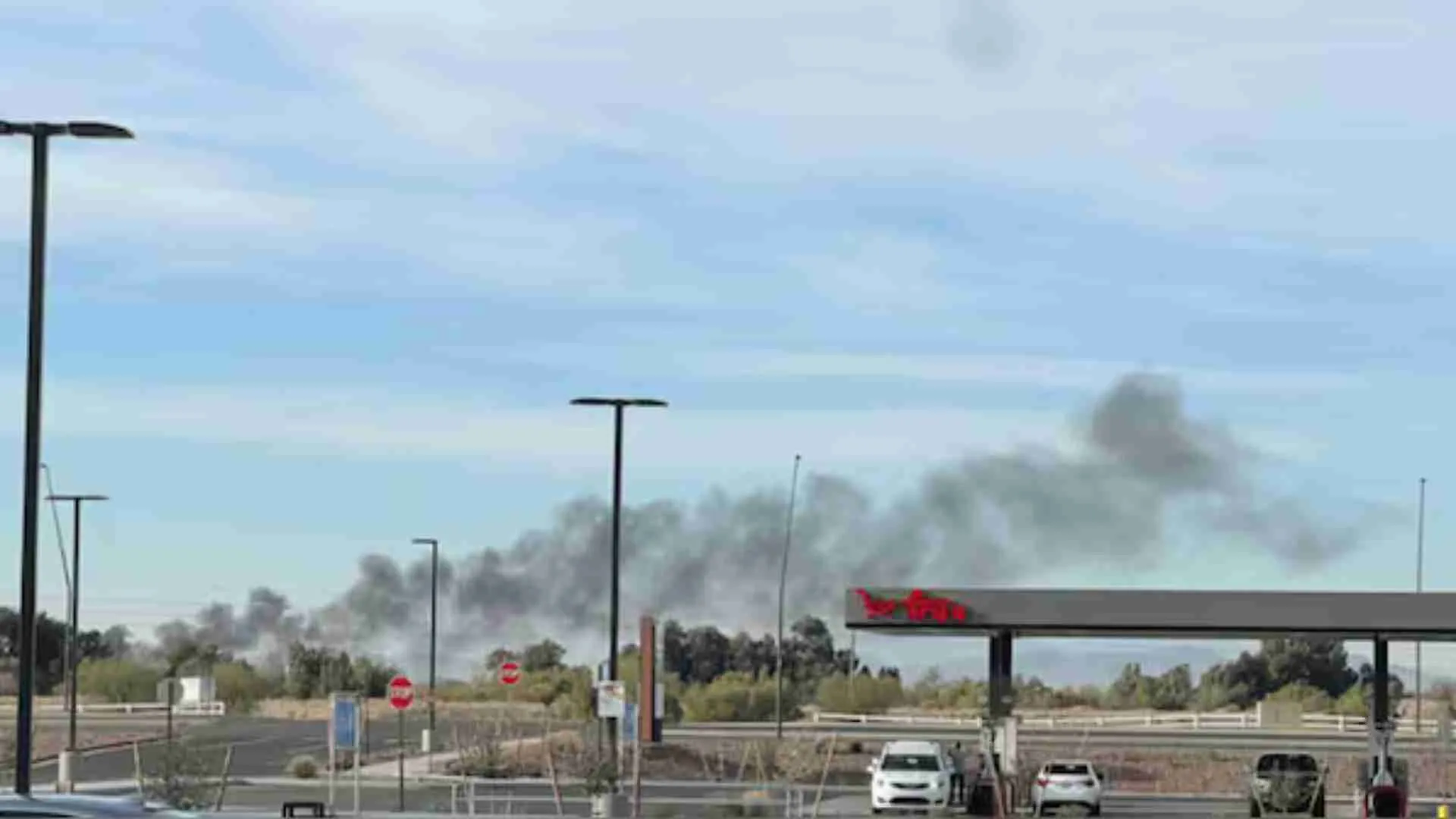Iran Claims Missile Attack Concluded
Iran announced on Wednesday that its missile assault on Israel, its most significant military action against the nation to date, has concluded unless further provoked. The missile strike, which involved over 180 ballistic missiles, prompted swift condemnation and promises of retaliation from both Israel and the United States. Israeli Prime Minister Benjamin Netanyahu warned that Iran would “pay” for its actions and stated that a “significant retaliation” would occur in the coming days, potentially targeting Iran’s oil production facilities and other strategic sites.
The United States echoed this sentiment, emphasizing its commitment to support Israel in holding Iran accountable for the attack. US Secretary of Defense Lloyd Austin discussed coordinated defense strategies with Israeli officials, while US Navy warships engaged in intercepting Iranian missiles during the assault. Iran’s foreign minister, Abbas Araqchi, indicated that their military action was a direct response to Israeli aggression in Gaza and Lebanon, stating, “Our action is concluded unless the Israeli regime decides to invite further retaliation.”
Continued Violence in Lebanon and International Calls for Ceasefire
Despite international calls for a ceasefire from the United Nations and the European Union, hostilities persist between Israel and Hezbollah, a Lebanon-based militant group supported by Iran. Israel has resumed heavy bombardments of southern Beirut, targeting areas known to harbor Hezbollah militants. Meanwhile, Iranian forces have claimed their attack aimed primarily at military installations in Israel.
As regional tensions escalate, US President Joe Biden has reiterated full support for Israel, labeling Iran’s missile strike as ineffective. Prominent world leaders, including French President Emmanuel Macron, have condemned Iran’s actions, with the United Nations Security Council convening to address the ongoing conflict. The situation remains dire, as nearly 1,900 casualties and over 9,000 injuries have been reported in Lebanon due to cross-border fighting, raising fears of a wider regional conflict.

